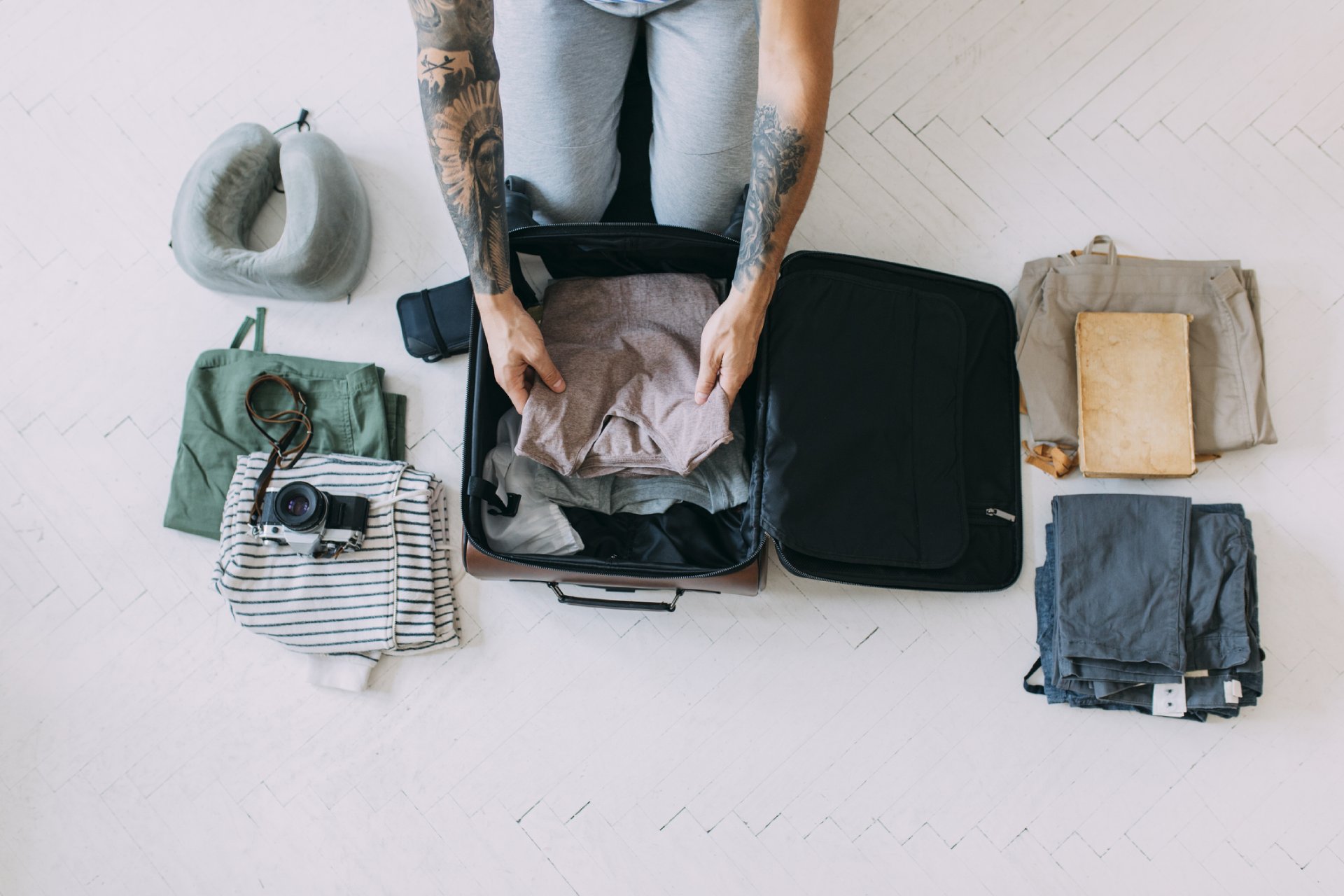Related Posts

Nov 22, 2024 6 mins read
Family Travel Abroad: Everything Parents Need To Know To Protect and Prepare Your Kids

Nov 21, 2024 5 mins read
Adventure on Two Wheels: A Rider’s Global Rescue Experience After a Motorcycle Crash

Nov 20, 2024 6 mins read
Why You Need Both Trip Insurance and Traveler Protection: From Medevac to Civil Unrest Evacuation

Nov 19, 2024 6 mins read
Packing Perfection: Versatile Travel Outfits for Business, Leisure, and Beyond

Nov 18, 2024 2 mins read
Survey: Travelers Seek Bolder, Safer Travel Using Satellite-Enabled Smartphones

Nov 15, 2024 9 mins read
Solo Travel for Women: The Safest and Most Dangerous Destinations

Nov 14, 2024 5 mins read
Stay on the Go, Instead of Having To Go

Nov 13, 2024 8 mins read
Bhutan Connections: Discover the Heart of the Himalayas
General TotalCare Disclaimer:
- ©2024 Global Rescue LLC. TotalCare and the TotalCare logo are service marks of Global Rescue LLC. All Rights Reserved. Global Rescue LLC provides technical and administrative services to Elite Medical Group, P.C. (“Elite Medical”), a professional corporation owned by licensed physicians that employs or contracts with physicians licensed to practice medicine where medical services are provided. It is not guaranteed that a prescription will be written, nor will any DEA controlled substances, non-therapeutic drugs and certain other drugs which may be harmful because of their potential for abuse, as a result of a TotalCare consultation. Elite Medical physicians reserve the right to deny care for potential or actual misuse of services. The Global Rescue Mobile App is designed for operation on the current versions of Android and iOS operating systems. Availability of services is subject to your equipment compatibility, connectivity and signal in your location. There is no guarantee that all features and functionality will be available in your location. Use and availability of the Mobile App is subject to your service provider’s plan and may be subject to additional fees from your provider.
Extended Plan TotalCareSM:
- For individuals 85+, medical transport is not included in membership. Members 85+ may purchase medical transport on a fee for service basis.
Mobile Apps:
- Global Rescue Mobile Apps are designed for operation on the current versions of Android and iOS operating systems. Availability of services is subject to your equipment compatibility, connectivity and signal in your location. There is no guarantee that all features and functionality will be available in your location. Use and availability of the Mobile Apps are subject to your service provider’s plan and may be subject to additional fees from your provider. The download and use of a Global Rescue Mobile App is subject to the terms of your Member Services Agreement and the applicable End User License Agreement (EULA).
Mobile Apps:
- Global Rescue Mobile Apps are designed for operation on the current versions of Android and iOS operating systems. Availability of services is subject to your equipment compatibility, connectivity and signal in your location. There is no guarantee that all features and functionality will be available in your location. Use and availability of the Mobile Apps are subject to your service provider’s plan and may be subject to additional fees from your provider. The download and use of a Global Rescue Mobile App is subject to the terms of your Member Services Agreement and the applicable End User License Agreement (EULA).
